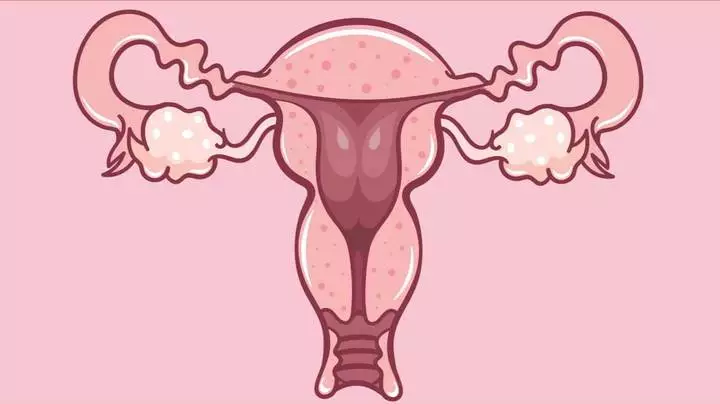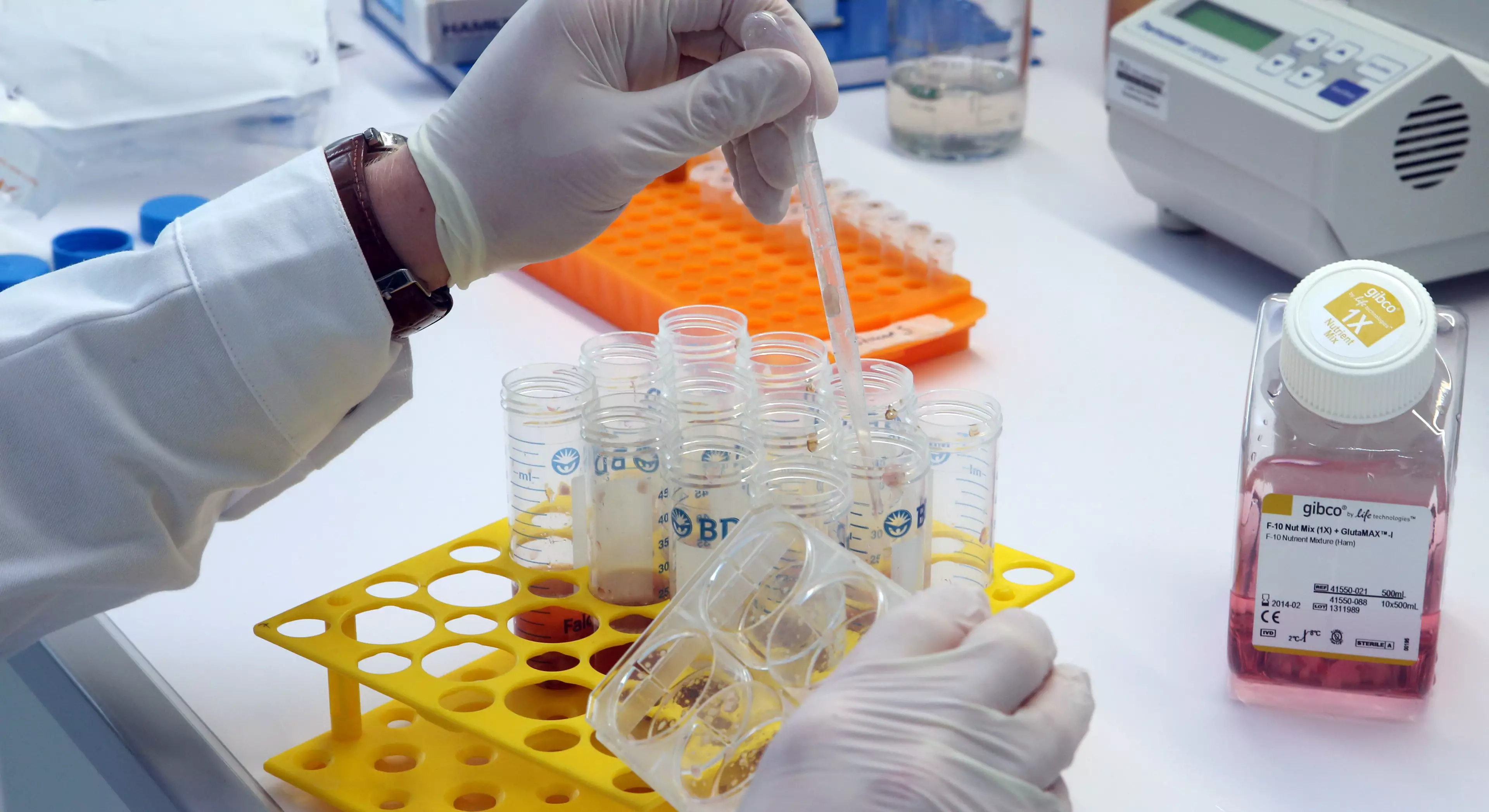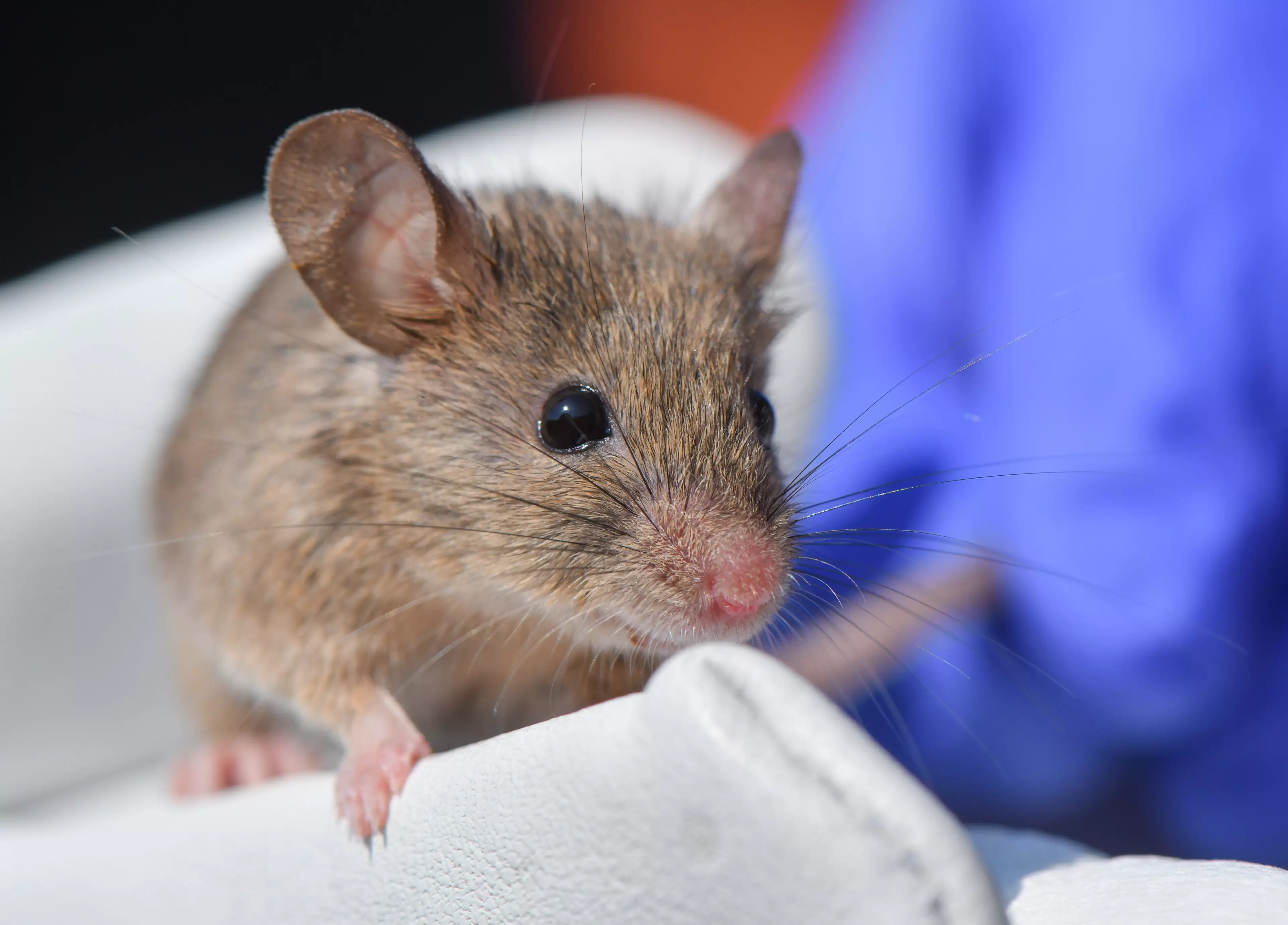
Australian scientists have had a huge breakthrough in their research into cervical cancer treatments.
In a world first, scientists from Griffith University in Queensland have had success in curing the disease in mice by using gene-editingtechnology.
They are now hoping that the same technology (named CRISPR-Cas9) could be tested on humans by as soon as 2024.
Advert
Psst...We have exciting news to share about the future of Pretty 52

Lead researcher Professor Nigel McMillan said it is the first cancer cure they have achieved with this method.
Incredibly, ABC report the mice they treated had a 100 per cent survival rate.
Advert
The technology - which has been likened to a spell-checker - works as CRISPR is injected by nanoparticles into the patient's bloodstream and then cuts the cancer causing gene E7 in half.
When the cell repairs the broken gene with extra DNA, it instead generates a healthy version, ignoring the cancerous cells.

Nigel McMillan explained: "This is like adding a few extra letters into a word so the spell checker doesn't recognise it anymore. The cancer must have this gene to produce, once edited, the cancer dies.
Advert
"We looked for lots of markers, inflammation and damage, but they were perfectly fine, so this is very exciting."
While this finding is incredible progress, the trial has a long way to go as it has only been tested on mice.
Scientists hope that they will be able to commence human trials of the gene therapy in the next five years.

Vaccinations against the human papilloma virus (HPV), which causes most cervical cancers, began over a decade ago. Now, a review looking at the jab's effectiveness in 14 different countries including the UK, has shown a sharp fall in HPV cases and in pre-cancerous growths.
Advert
Over further decades, this could translate into a significant reduction and possible eradication of the cancer, according to scientists who carried out the research, published in medical journal The Lancet.
The HPV vaccine is given as two injections to girls aged 12 and 13. It protects against four types of HPV including the kind linked to 70 per cent of cervical cancers and the kind that cause roughly 90 per cent of genital warts.
Girls who miss the jab at school can get it for free on the NHS up to the age of 25, or privately for around £150 per dose. Boys aged 12-13 will also be offered it from September.
Topics: Life News, Cervical Cancer, Health